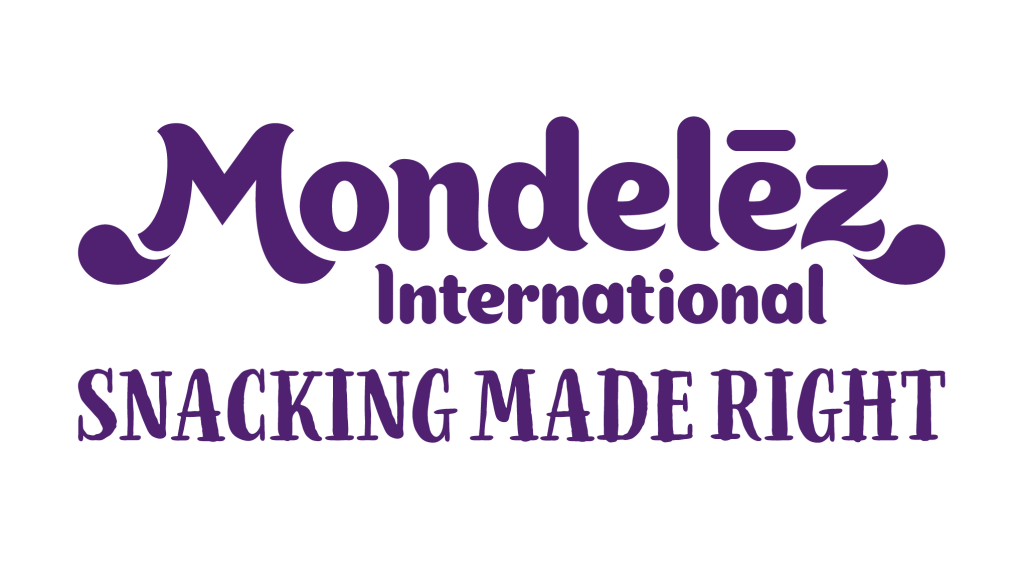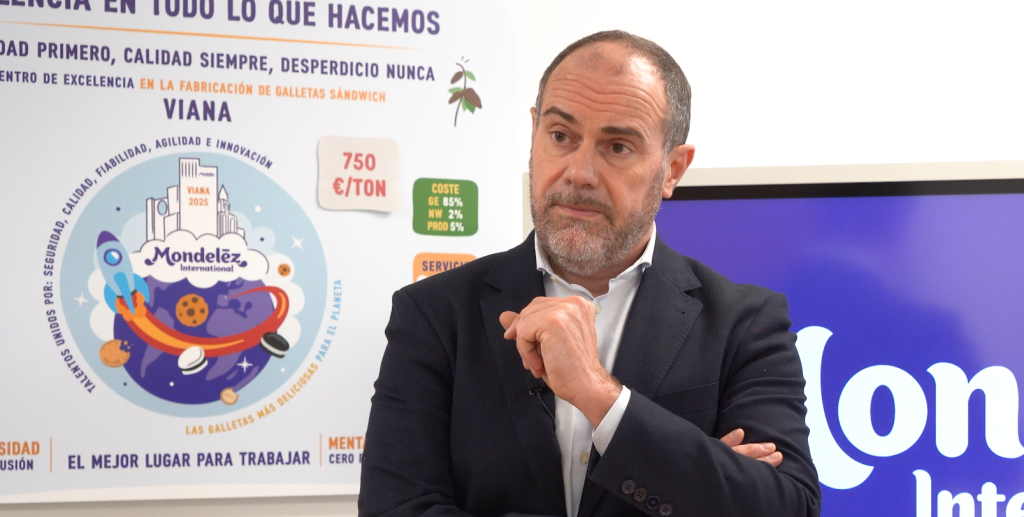It arrived in the region in 1959. And although it has developed its activity under different names, the factory previously known as ‘La Galletera’ has become a symbol of development, growth and employment for Navarra. Proof of this are some of the achievements and milestones reached during this time. Among all of them, it stands out to have been the center from which the well-known Oreo cookies were produced for Europe for the first time. However, as its representative Filippo Mauri, says, its link with the territory “goes beyond that”. A concept that the Senior Director Manufacturing Cluster Bakery Spain and Italy at Mondelēz International develops in the following conversation.
We have been part of Viana since 1959, so many of its generations have lived with our brands, something we are very proud of. Not only that, we have promoted actions of corporate responsibility with the aim of adding value and we maintain a very close and direct relationship with the municipal and regional institutions.
On a more economic level, we currently produce more than 50,000 tons of cookies per year under some of the most recognized brands such as Oreo or Fontaneda. Of this amount, 70% is destined for export, so that it is distributed in 35 different countries. Moreover, in the last two years alone, for example, the volume of our plant has grown by almost 24 %.
On the other hand, we employ more than 500 people of more than 20 nationalities. Our commitment to inclusion and diversity has become one of our core values, along with our firm commitment to supporting and fostering local talent. The combination of all these factors has allowed us to sustainably and exponentially increase our product portfolio while becoming a relevant player at a local and global level.
Our Oreo line accounts for half of what we produce in this factory. Navarra, therefore, plays a fundamental role in everything that has to do with this platform. In fact, Viana is growing around Oreos and, at a more local level, with Fontaneda products.
We have several. Thus, in terms of demand, we must adapt to what the market dictates in order to maintain our benchmark position. There are also other challenges that are no less important and which, to a large extent, are common within our sector.
I am referring, for example, to the issue of sustainability and the need to promote circular models. Here we have a project to digitize and modernize all processes in order to turn Viana into a “zero paper” plant, a leader in the use and application of digital tools at European level.
The other major pending issue has to do with energy costs. Our intention is to install an electric furnace to help reduce our carbon footprint. This is a further demonstration of Mondelēz’s commitment as a multinational company to caring for the environment.
We have the support of our multinational group in three aspects. Firstly, it supports us with the necessary investments so that the Viana factory continues to lead the sector. In addition, it implements the cutting-edge technology required by our work system and, finally, it facilitates permanent innovation in the portfolio of our brands, which are already well established among consumers.
As far as 2025 is concerned, our goal is to improve infrastructures and promote a digital transformation, as well as the automation of our industrial processes.
It is no coincidence that we have been in the region for more than 60 years and that we continue to be a reference plant for Mondelēz International. There are numerous aspects that make this territory an excellent production site, and talent is certainly one of them.
Our company acts as the backbone of the communities in which it operates. In Navarra, we are in permanent contact with the City Council of Viana and maintain an excellent relationship with the regional government. This past spring, for example, we had the institutional visit of the President of Navarra, María Chivite, accompanied by the mayoress of the town.
As I mentioned before, the support we have received from the region during the half century that we have been developing our activity in this territory has contributed to our growth and evolution.
On this basis, Navarre should continue to welcome with open arms the new multinationals that arrive, and continue to take care of those of us who are already here. Its enormous collaborative spirit must remain active as it is a source of evolution and growth for all parties involved.
Moreover, investment in training and, in particular, in digital training, as well as in talent (including that with an international vocation) is and will be key to continue strengthening the positioning of multinationals with a presence in the region.

